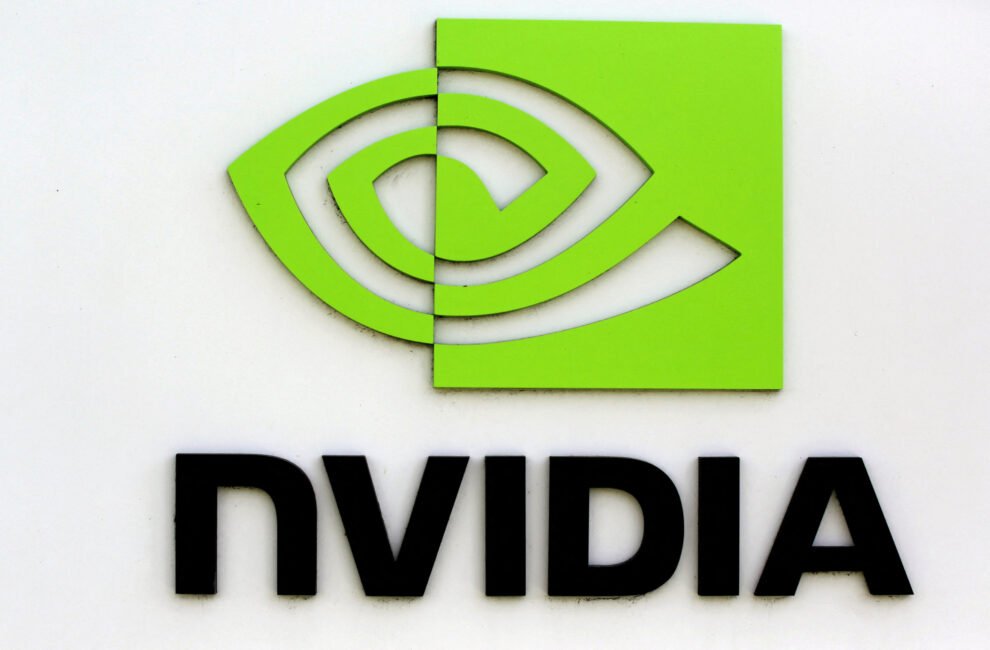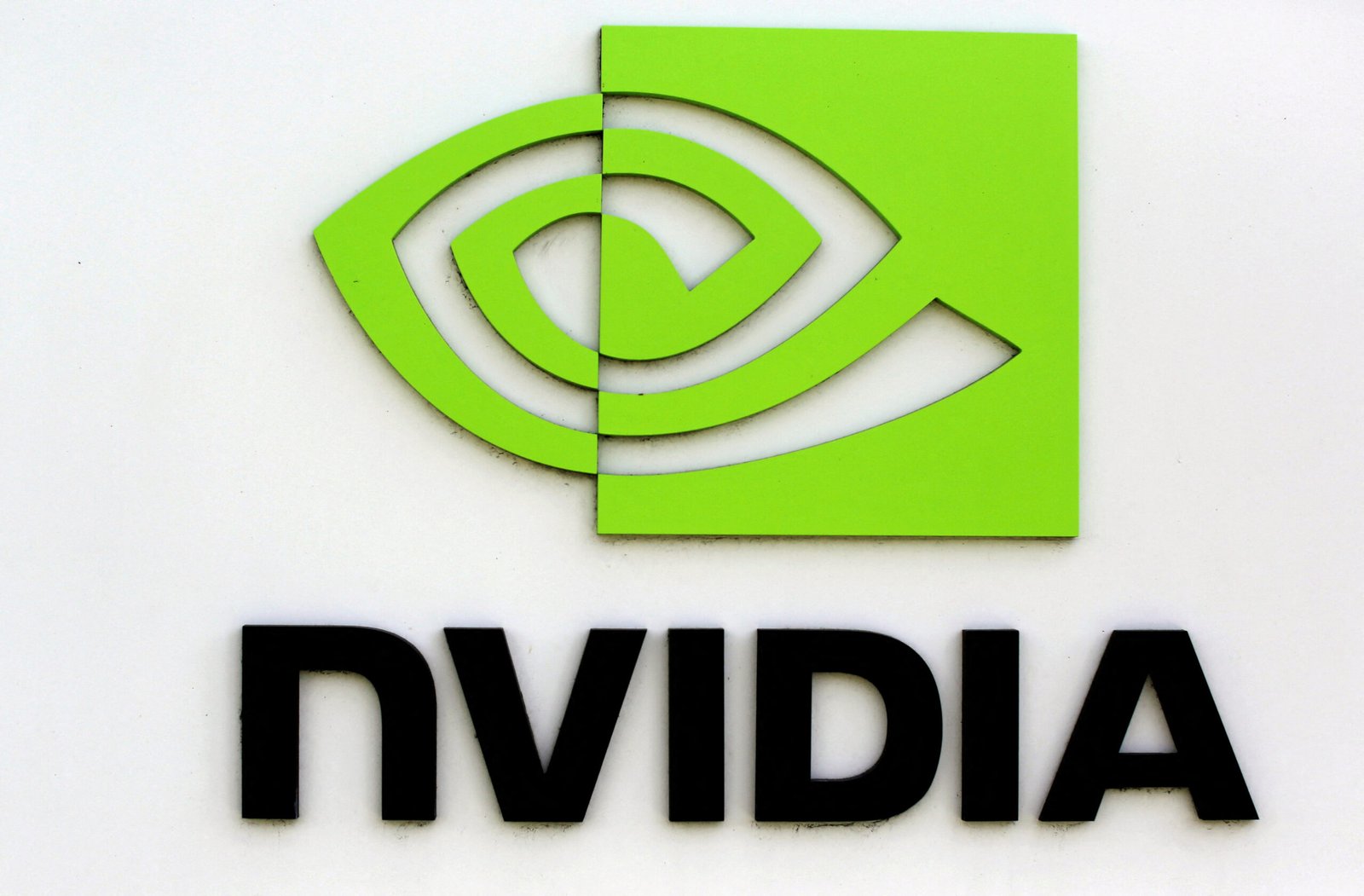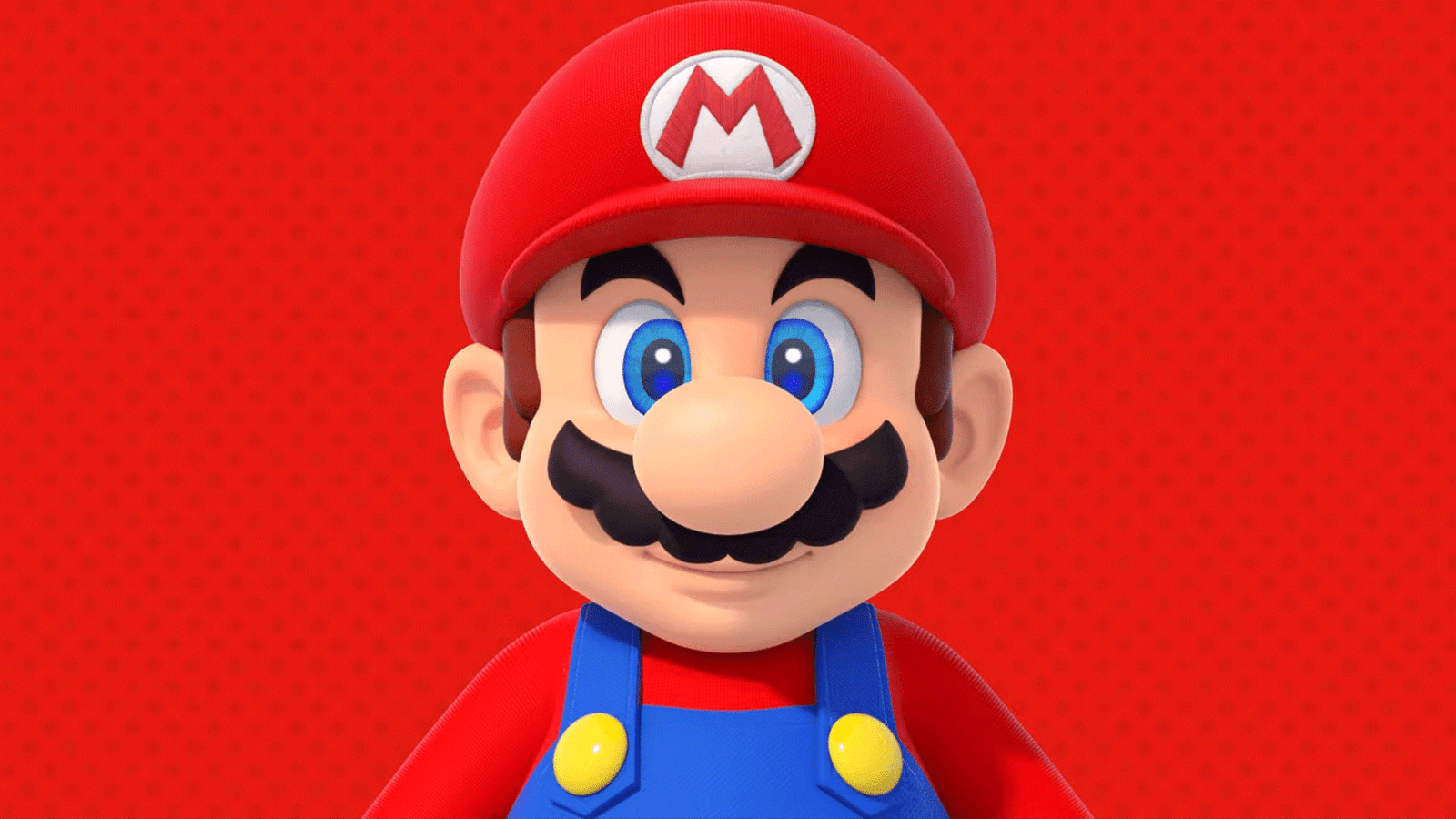Recent developments in the legal landscape have highlighted significant concerns surrounding the use of copyrighted content in training artificial intelligence (AI) models. Both Nvidia and OpenAI are now at the center of legal disputes alleging that these tech giants have infringed upon copyright laws to develop and enhance their AI technologies. This article delves into the intricacies of these lawsuits, shedding light on the broader implications for the tech industry and content creators alike.
Key Highlights:
- Several lawsuits have been filed against OpenAI, alleging the unauthorized use of copyrighted works, including books and articles, to train its AI models.
- The Authors Guild has initiated legal action on behalf of prominent writers, accusing OpenAI of copyright infringement.
- OpenAI and its defenders argue that the use of copyrighted materials is essential for AI innovation and falls within the bounds of “fair use.”
- Legal experts and scholars are divided on the issue, with some asserting that current copyright laws are equipped to handle these new technological challenges, while others call for legislative updates.
The Core of the Controversy
The heart of the dispute lies in the claim that tech companies, including Nvidia and OpenAI, have systematically used copyrighted content without permission, compensation, or due acknowledgment. This practice, according to the plaintiffs, undermines the copyright protections afforded to creators and could potentially devalue their intellectual property and contributions. The Authors Guild, representing several best-selling authors, has taken a particularly firm stance, seeking damages and injunctions against OpenAI for what it describes as “systematic theft on a mass scale”.
Fair Use and Technological Innovation
A central argument in this legal battle revolves around the doctrine of “fair use,” which permits limited use of copyrighted material without requiring permission from the copyright holders, particularly for purposes such as criticism, comment, news reporting, teaching, scholarship, or research. OpenAI maintains that its use of copyrighted content is a necessary component of AI development and innovation, falling squarely within the realm of fair use. This stance, however, is contested by those who see the scale and scope of content utilization by AI as beyond what traditional fair use defenses were designed to protect.
Legal Perspectives and Future Directions
The unfolding legal debates touch on complex questions about the intersection of copyright law and emerging technologies. Harvard Law School’s Professor Rebecca Tushnet points out that the internet and many of its foundational services, like search engines, have relied on interpretations of fair use that permit the use of copyrighted material for indexing and other functionalities. Tushnet suggests that while current law provides a reasonably clear framework for the use of training data, the responsibility for AI-generated outputs remains a contentious issue.
In a similar vein, The New York Times has launched a lawsuit against OpenAI and Microsoft, citing the unauthorized use of its articles to train AI models that now compete with it in the realm of information dissemination. This action underscores the broader concerns of content creators and publishers about the implications of AI on copyright, content creation, and the information economy.
The ongoing lawsuits against Nvidia and OpenAI highlight a pivotal moment in the dialogue between technological advancement and copyright law. As AI continues to evolve and integrate into various facets of society and the economy, the resolution of these disputes will likely have far-reaching implications for both tech companies and content creators. The balance between fostering innovation and protecting intellectual property rights remains a delicate one, necessitating careful consideration and potentially new legal frameworks to address the unique challenges posed by AI technologies.



















